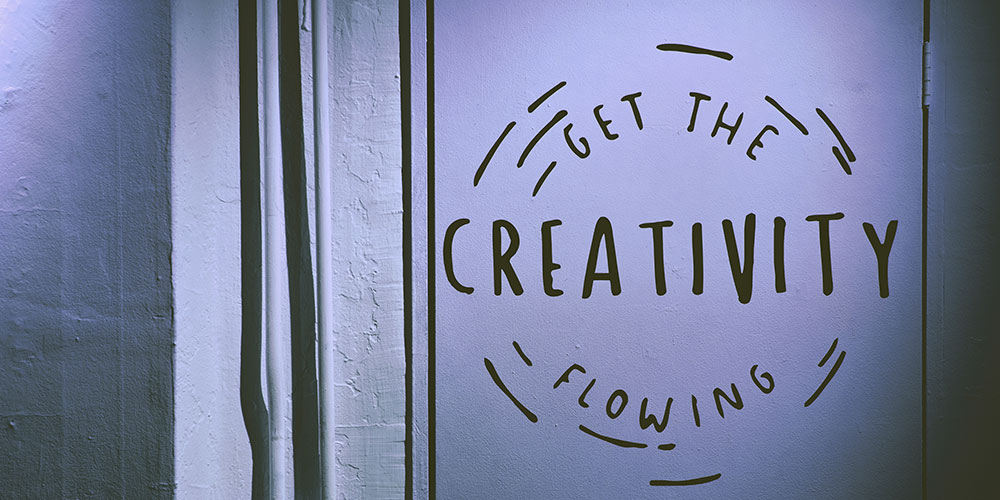by Lyfe Studio in Cheshire
The significance of a business’s branding extends far beyond surface appearances. While logos and colours may seem like the face of your brand, in reality, your brand encapsulates the very essence of your enterprise. It breathes life into your business.
Branding has always held a pivotal role in commerce, but its importance has magnified in today’s landscape. With the advent of social media, consumers encounter new brands on a daily basis. While this offers consumers a wealth of options and the ability to conduct thorough research, it poses a challenge for businesses.
Amidst the sea of competition, businesses must traverse an extra mile to distinguish themselves. The solution lies in crafting a robust brand that captures and retains attention. Through effective branding, you hold the reins over how your business is perceived – an opportunity not to be overlooked.
Enhanced Business Recognition
A fundamental rationale behind branding is heightened recognition. A potent brand ingrains itself in people’s consciousness more effectively than an unbranded counterpart. A business devoid of cohesive branding lacks the staying power in a person’s memory.
Conversely, a business boasting a distinctive logo, appealing hues, and other visual elements becomes indelibly etched in memory. A fleeting encounter with such a brand can leave an enduring impression, enhancing the likelihood of recall. When the time comes for these individuals to make a decision, if your brand has left its mark, they’ll return to you.
Brand Building for Trust
Trust is the cornerstone of any business’s relationship with its audience, yet its attainment isn’t always straightforward. A business bereft of vital branding components faces an uphill battle in garnering trust.
Branding has become an expectation across industries, and its absence can raise skepticism. Without branding, your business lacks tangible identity.
Confronted with a choice between a business with polished, well-defined branding and one without, the decision to trust becomes evident. Effective branding communicates your business’s credibility and professionalism. It becomes a conduit to articulate your business’s promise from the outset. This investment reflects your commitment to enhancing your enterprise, a commitment discerning customers acknowledge.
Elevating Advertising Endeavours
Progress in business necessitates effective advertising, a sphere intrinsically interwoven with branding. A strong brand is the prerequisite for impactful advertising.
For advertising efforts to be truly resonant, cohesiveness is vital, embodying your business’s ethos and values. This proves elusive without a well-established brand. Advertising without a sturdy branding foundation forfeits numerous avenues for a compelling campaign. Integrating branding amplifies brand recognition within the broader context of advertising efforts.
Employee Empowerment
Branding’s benefits extend inward, invigorating your workforce. Your desire is for employees to not only perform tasks but to be part of a cohesive team. A brand that resonates fosters a sense of belonging beyond mere employment.
Beyond drawing customers, investing in branding elements that engage your team is crucial. This spans branded apparel and merchandise, along with the aesthetics of your workspace. A unified brand can kindle motivation, yielding far-reaching positive outcomes.
Fostering Brand Loyalty
Beyond fleeting transactions, your aim is to cultivate enduring customer relationships. Effective branding humanises your brand, forging a connection surpassing transactional interactions.
Emotions are a potent avenue through which branding can forge bonds and facilitate customer resonance. Branding enables relationship-building, transforming patrons into loyal advocates. By crafting a brand that evokes genuine sentiment, you surge ahead of competitors neglecting this potent tool.
In the world of business, branding isn’t merely a superficial veneer; it’s the lifeblood that infuses your enterprise with vitality and distinction. For Lyfe Studio in Cheshire, embracing the power of branding promises not only recognition but enduring customer connections and business growth.






